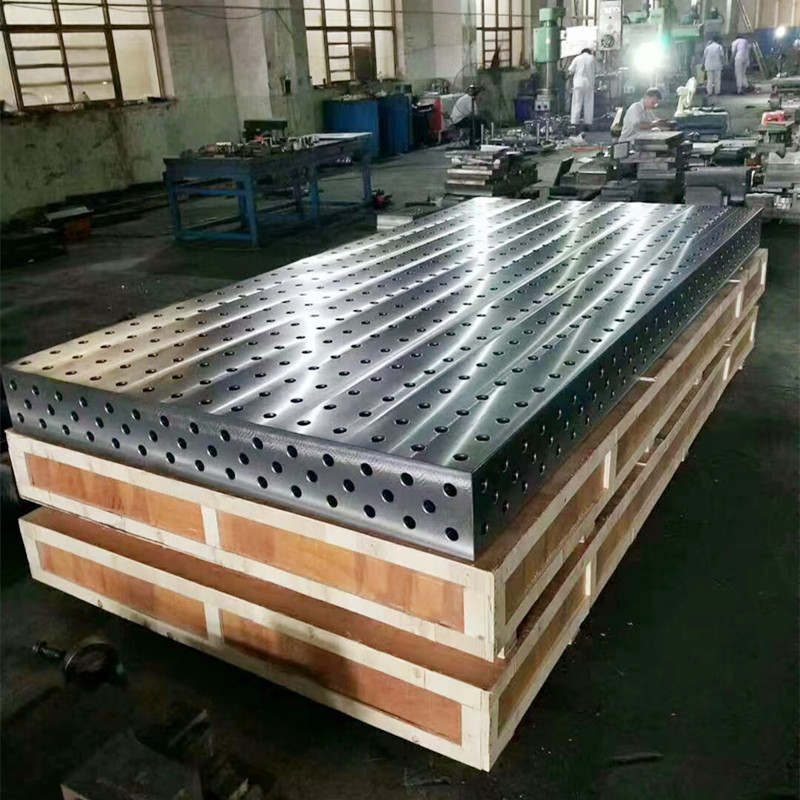12 月 . 04, 2024 16:36 Back to list
Understanding the Functionality of Piston-Type Check Valves in Fluid Systems
Piston Type Check Valve An Overview
Valves are essential components in various fluid systems, serving multiple functions such as controlling flow direction, regulating pressure, and ensuring system integrity. Among the many types of valves available, the piston type check valve stands out due to its unique design and functionality. This article explores the operational principles, advantages, applications, and potential limitations of piston type check valves.
Understanding Piston Type Check Valves
A piston type check valve is a mechanical device designed to allow fluid to flow in one direction while preventing backflow. This is achieved through the movement of a piston within a cylindrical chamber. When fluid pressure from the upstream side exceeds that on the downstream side, the piston moves, opening the valve and allowing flow. Conversely, if the pressure on the downstream side surpasses the upstream side, the piston automatically moves to a closed position, effectively blocking reverse flow.
The design of a piston check valve includes a robust body that can withstand high pressures and harsh environments, making it suitable for a wide variety of industrial applications. The piston mechanism is often equipped with seals that ensure a tight closure, further enhancing the valve's performance.
Advantages of Piston Type Check Valves
One of the primary benefits of using piston type check valves is their reliability in maintaining unidirectional flow. Since they automatically adjust based on pressure changes, they reduce the risk of backflow, which can lead to system contamination or damage. This self-regulating feature minimizes the need for manual operation or external control, thus enhancing the efficiency of fluid systems.
Piston type check valves also offer a high flow rate due to their design. Unlike other types of check valves, which may create flow restrictions, piston valves maintain a larger cross-sectional area for fluid passage. This characteristic makes them ideal for applications where high volume flow is essential, such as in water treatment plants, chemical processing, and petroleum industries.
Another advantage is their robustness and durability. Piston type check valves can handle severe pressure fluctuations and are less susceptible to wear and tear compared to other valve types, such as diaphragm or swing check valves. This longevity ensures lower maintenance costs and extended service life in demanding conditions.
piston type check valve

Applications
The piston type check valve is found in various industries, reflecting its versatility. One significant application is in the oil and gas sector, where these valves help in maintaining the integrity of pipelines by preventing the backflow of crude oil and natural gas. In water distribution systems, piston check valves are used to protect pumps from reverse flow, ensuring a steady and controlled supply of water.
Additionally, these valves are crucial in HVAC systems where they control the flow of refrigerants, ensuring efficiency and operational stability. They are also employed in pharmaceutical manufacturing to uphold stringent hygiene standards by preventing contamination.
Limitations
Despite their many advantages, piston type check valves do have limitations. They can be more expensive to install compared to simpler designs like swing check valves. The complexity of the piston mechanism might also require more intricate maintenance procedures.
Moreover, in low-pressure applications, piston check valves may not perform as effectively. The required fluid pressure to operate the piston may not be achieved, leading to potential issues with flow regulation. Thus, careful consideration of system requirements is vital when selecting a check valve.
Conclusion
In conclusion, piston type check valves are critical components in various fluid systems, offering dependable operation and durability that cater to high-demand applications. Their ability to maintain unidirectional flow while withstanding pressure variations makes them a preferred choice in many industries. While they come with certain limitations and require careful selection based on system needs, their advantages often outweigh the drawbacks. As technology advances, the innovation surrounding piston type check valves will likely continue, further enhancing their efficiency and application range in modern engineering.
-
Y Type Strainers: A Comprehensive GuideNewsOct.18,2024
-
Understanding Water Valve Options for Your NeedsNewsOct.18,2024
-
Functions and TypesNewsOct.18,2024
-
An Essential Component for Fluid SystemsNewsOct.18,2024
-
Adjustment and ReplacementNewsOct.18,2024
-
Slow Closing Check Valves: A Key Component in Fluid SystemsNewsOct.08,2024
Related PRODUCTS









